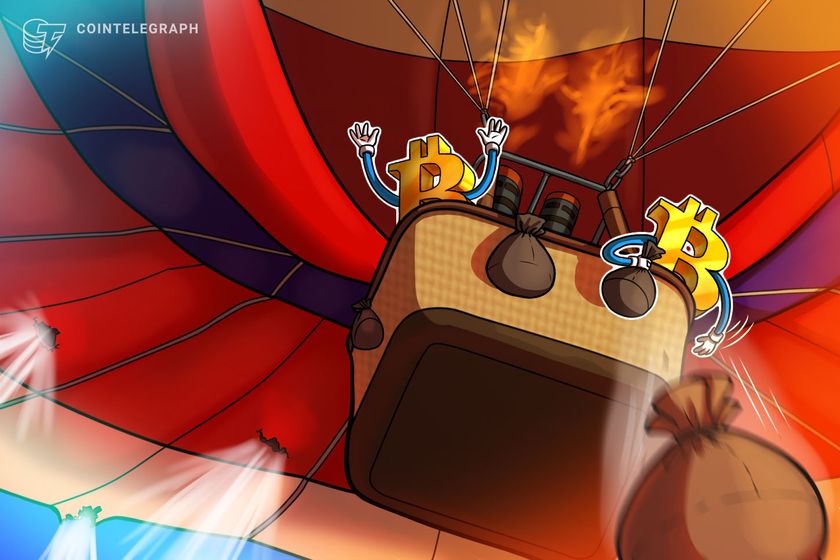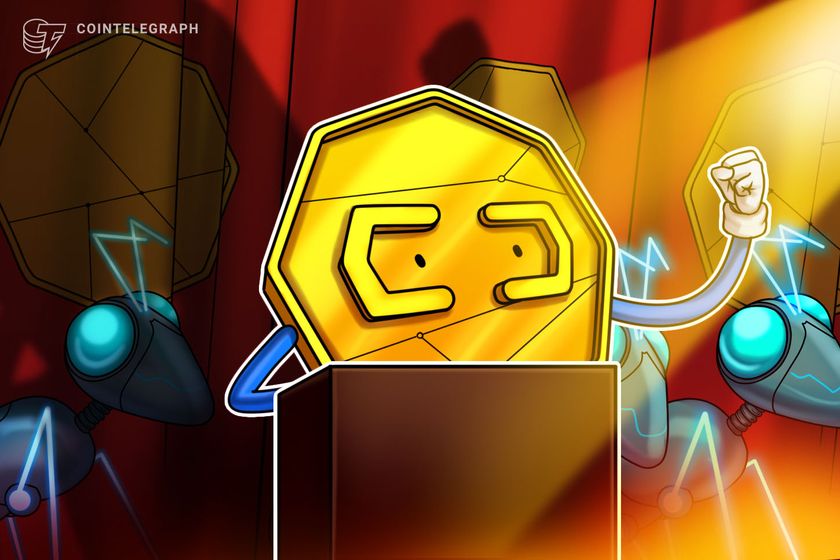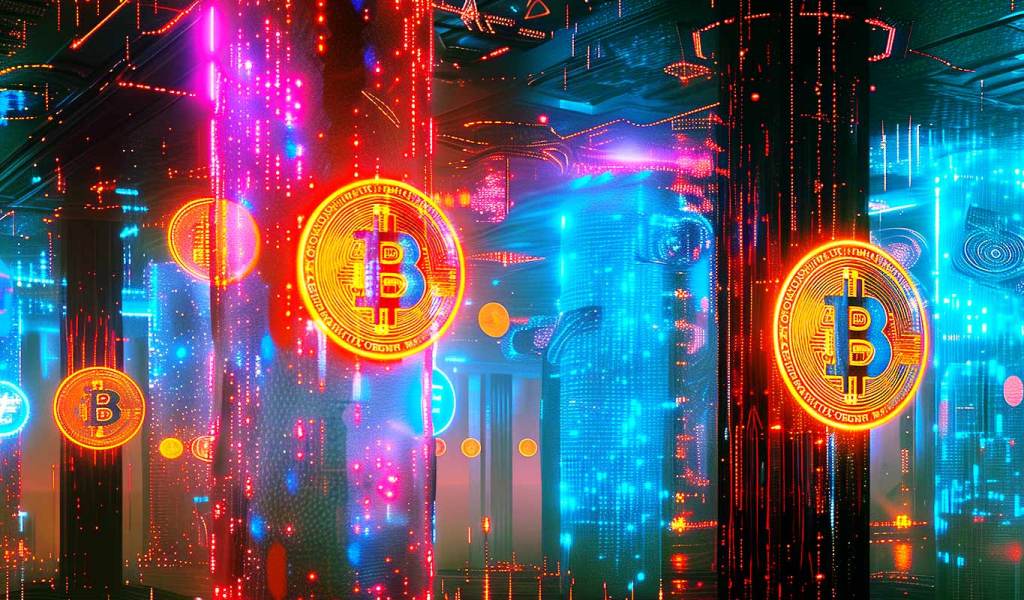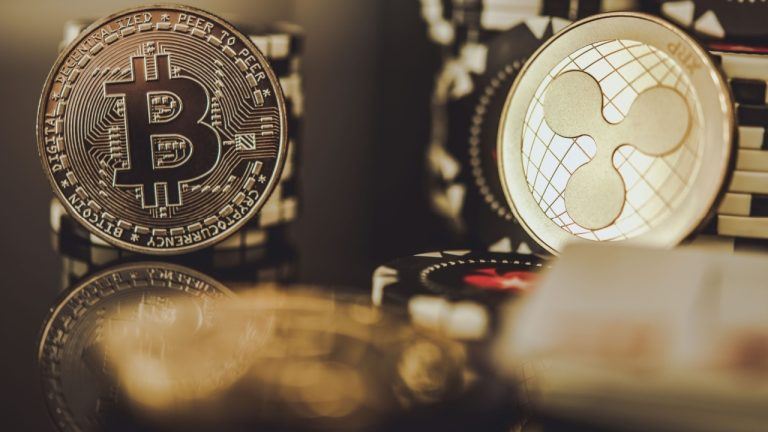
NFTs as micro-social networks: The path to crypto adoption

Nonfungible tokens could be a step toward new social interactions, a notion that might not be as far-fetched as it sounds.
Nonfungible tokens (NFTs) are evolving from a niche interest to a mainstream conversation. The variety of NFT art — from cuddly to edgy to menacing — is drawing in a new audience of enthusiasts. Beyond the art, NFTs are providing a glimpse into a new layer of social interaction.
When framed as micro-social networks, NFTs could lead the way to a new form of social media based on creativity, ownership and contribution.
Groups serve as epicenters of NFTs projects
Every week, dozens of Discord and Telegram groups appear in support of new NFT projects. These groups serve as the epicenter for a project and help people connect and learn about the NFT space. A quick listen to a Twitter Spaces conversation with one of these groups reveals a wide range of people interested in NFTs. Some members are seasoned crypto users, many are new to NFTs and some have never used crypto at all. For first-time crypto users, these groups create a friendlier onboarding experience that reduces anxiety around getting started with crypto.
The conversations in these groups reveal a shared interest in digital self-expression and a desire to connect with a community of like-minded people. Community values often form around art quality, rarity and the ideas that align with the emergent energy in the community. Like other forms of social collaboration, these groups tend to have identifiable leaders who have taken an interest in growing and nurturing the community. These members set the tone, help the community organize and ensure that the rules of the community are enforced.

Each group is establishing its roles, values and codes of conduct — often in a way that echoes the animal traits or ideas in the NFT artwork. Ape Island Apes share monkey memes, Degen Yetis egg each other on with phrases like “Haha, Yeti,” and CryptoDads share their best dad jokes. Across groups, there is a shared vocabulary for those in the know. Nearly all groups greet each other with “gm,” an abbreviation for “good morning” popularized by CryptoTwitter.
And it’s common to see comments like “looks rare” — a hat tip or playful insult to the rarity of an NFT. This type of banter is the lifeblood of an NFT community and, for many enthusiasts, is replacing the endless scroll of Facebook and Instagram.
The world enters the Metaverse
Big social media platforms have reached an inflection point. Regulatory concerns about digital privacy and declining user trust are prompting questions about the future of these ubiquitous platforms. As the world enters a new phase of digital interaction — a place some call the Metaverse — users are considering forms of expression and interaction that don’t require giving up digital privacy.
Related: Just buy it: Nike wants to bring sneakerheads into the Metaverse
NFTs could be a step toward new social interactions, a notion that might not be as far-fetched as it sounds. TikTok recently announced a creator-led NFT collection, Twitter is embracing NFT verification for profiles, and Coinbase is launching an NFT marketplace. These signals point to a mainstream audience which could broaden the opportunity to make NFTs an important part of our social connections. Big social media will continue playing a part but the ideas forming in NFT communities highlight a new type of social interaction built on NFTs instead of follows and likes.

Utility beyond monetary value
Communities are all vying for project awareness since it can lead to a rise in the “floor price” — the average value of an NFT on secondary marketplaces. Beyond the average price, the most progressive communities are thinking about how to add value for members through perks and exclusive access. This kind of member reward is a wide-open opportunity to add new utility that goes beyond the monetary value of the NFT.
Related: Beyond the hype: NFTs’ actual value is still to be determined
The use of treasuries, funded by the project’s revenue, is growing in popularity as communities seek to act on their ideas. At the time of this writing, Nouns holds 13,722 Ether (ETH) in their treasury — an incredible sum for a decentralized community built around NFTs. CryptoDads is making beer and CyberKongz is building a banana vending machine that makes, you guessed it, more NFTs. Adding utility to NFT projects dominated by profile pictures and memes might seem counterintuitive. However, as these communities mature, they are finding creative ways to align action around shared values.

DAOs and the reimagining of governance
As groups find their way around community decision-making, a need for governance has spurred the idea of a decentralized autonomous organization (DAO). The Nouns community is reimagining governance via NFT ownership by empowering members with a “one token, one vote” approach. Members with at least 1% of the token supply can submit proposals on which the community can vote. As the decentralized web takes center stage, DAOs are becoming an important part of the conversation. Combining NFTs with governance structures seems like a natural alignment of values that rewards ownership and community participation.
Related: DAOs will be the future of online communities in five years
A new social code — powered by ownership and collaboration — is embedded in the ethos of NFT culture. While the NFT narrative is still young, it is clear that a social layer is driving adoption. NFTs might prove to be the catalyst needed to usher in a new wave of crypto users.
This article does not contain investment advice or recommendations. Every investment and trading move involves risk, and readers should conduct their own research when making a decision.
The views, thoughts and opinions expressed here are the author’s alone and do not necessarily reflect or represent the views and opinions of Cointelegraph.
Go to Source
Author: Nick Casares







